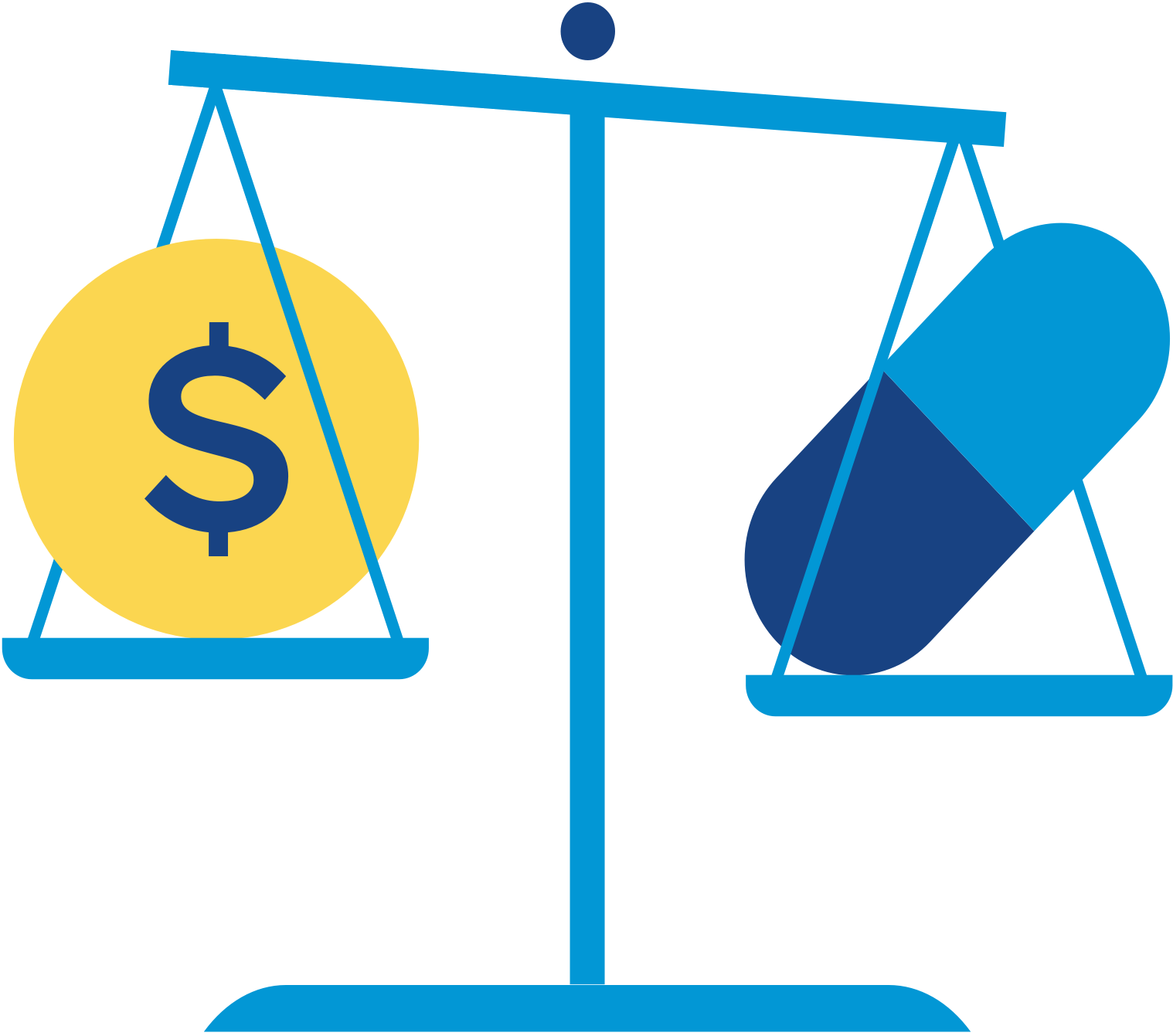(Akiit.com) President Biden’s call during his State of the Union address for Congress to pass legislation to control drug prices provides a good opportunity to note a law that already is on the books that helps curb drugmakers’ price hikes. As lawmakers prepare to debate the proposals, it is a law worth protecting. Congress created the 340B drug pricing program in 1992 through bipartisan legislation that offered a simple tradeoff. If drug companies wanted access to lucrative Medicare and Medicaid drug formularies, they had to agree to provide certain outpatient drugs at a discount when selling to safety-net hospitals, health centers, and clinics.
Nearly 30 years later, more than 700 drugmakers have signed agreements to do just that. 340B reduces the prices paid by safety-net hospitals, community health centers, and public health clinics for outpatient drugs. These providers use the savings they obtain from the manufacturer discounts to cover the cost of care for patients with low incomes and those who live in rural communities. Drug companies – and not taxpayers – finance this care for millions of patients who otherwise could not afford their care.

Congress created the 340B program to help safety-net providers “stretch scarce federal resources as far as possible, reaching more eligible patients and providing more comprehensive services.” 340B savings are a lifeline for hospitals that make up a crucial part of the nation’s safety net, ensuring patients do not fall through the gaps. To be eligible for 340B discounts, hospitals must meet stringent requirements proving they serve a disproportionate number of patients with low incomes who are on Medicaid or Medicare or who live in rural areas. They must recertify that status every year.
340B also has a documented impact on pricing decisions that drug companies make. Under the law, if a company chooses to raise the price on an existing drug by more than the inflation rate, the size of the 340B discount grows. In the cases where companies continue to jack up their prices, these inflation penalties eventually can result in a 340B price that is less than a dollar a dose, or even a penny in many cases. A peer-reviewed report in the Journal of the American Medical Association examined the impact of those penalties on pricing decisions and found that in the face of the inflation penalties, manufacturers curbed their price increases for both 340B and non-340B drugs. As a result, over a four-year period, Medicare Part D saved $7 billion, and private-sector savings likely were much higher.
Most of the more than 700 drug companies that participate in 340B are keeping up their part of the deal while still being part of one of the most profitable sectors of our economy. But amid the COVID pandemic, a growing group of some of the world’s most profitable companies have started breaking the law and are denying discounts to safety-net hospitals for drugs dispensed in community pharmacies. These actions, which both the Trump and Biden administrations have found to be unlawful, enable companies to circumvent both the 340B discounts and the inflation penalties.
Take the example of insulin, a medication that most of the 37 million Americans living with diabetes must take every day to maintain their health. Three companies – Eli Lilly, Sanofi, and Novo Nordisk – control more than 90% of the insulin market in the U.S. and have restricted 340B discounts when community pharmacies dispense the drugs. Between 1996 and 2019, Lilly raised its price for the insulin Humalog by 1,200%, from $21 a month to $275 a month. The other companies soon followed suit with their own insulin products. President Biden and a bipartisan group of lawmakers have proposed capping patients’ out-of-pocket costs for insulin at $35 a month. That would not reduce the prices these companies charge or stop future price hikes, but fully enforcing the 340B statute can.
For the makers of high-priced medicines, the denial of 340B discounts is fattening already hefty bottom lines. Lilly’s leadership has boasted of a “tailwind” effect from the 340B denials that is lifting their profits. Pfizer reported a 92% growth in revenues for 2021, fueled primarily by their COVID-19 vaccine, and in the next breath it imposed limits on 340B discounts.
The facts are clear. 340B hospitals provide 60% of all uncompensated and unreimbursed care in the nation and 75% of all hospital care for Americans with Medicaid. Because it relies on drug company discounts, 340B doesn’t cost taxpayers a single dime. And it saves the health care system money by helping keep drug price increases in check. It is long past time for these drug company actions to stop and for the restoration of 340B’s full potential in supporting our nation’s health care safety net.
Columnist; Maureen Testoni
Official website; https://twitter.com/MaureenTestoni








Leave a Reply